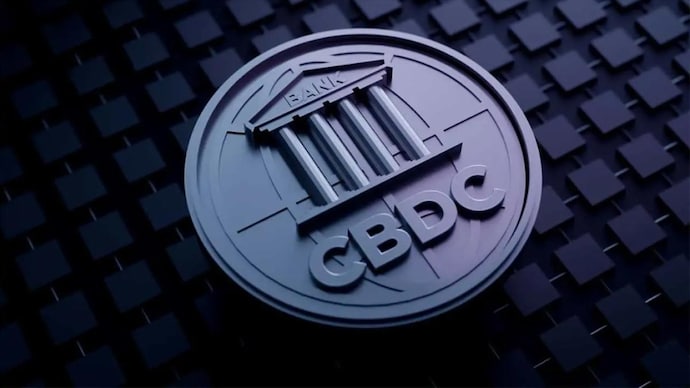US House Votes To Approve CBDC Anti-Surveillance State Act
The US House voted today on the CBDC Anti-Surveillance State Act. US Congressman Tom Emmer introduced the bill to ban the FED from creating a Central Bank Digital Currency (CBDC).
The bill bans any CBDC pilot programs before they’re proposed. It would also prohibit the use of a CBDC to implement monetary policy and prohibit the Federal Reserve Board or the Department of Treasury from issuing a CBDC without Congressional approval. Upon approval of the bill, the Fed cannot issue a retail digital currency that could be used for citizen surveillance.
“The policies we have recently debated and adopted are in response to an administration that has failed to provide the clarity and guidance the budding digital asset industry in the United States has been begging for,” Majority Whip Emmer said in support of the bill. He adds that the anti-CBDC bill “Halts the efforts of this administrative state under President Biden from issuing a financial surveillance tool that, if not done correctly, will fundamentally alter the lives of every American.”
American Bankers Association Supports Passage Of CBDC Anti-Surveillance State Act

Also Read: SEC Chair Gary Gensler: ‘Stay Tuned’ on Ethereum ETF Decision
In a letter to the House in support of the Anti-Surveillance State Act, American Bankers Association representative Kirsten Sutton said, “The risks associated with issuing a CBDC are real and likely to undermine any possible benefit that a CBDC would offer.” Sutton goes on to discuss how a CBDC would be an advantaged competitor to retail bank deposits. As a result, money would move away from banks and into accounts at the Federal Reserve. In turn, commercial banks will be severely limited in their ability to make loans.
Most countries worldwide have looked into or already begun establishing their own CBDC. However, the US is relatively split on the idea and the industry of crypto as a whole. With House approval, the bill moves onto the Senate for discussion.

 US House passes bill to ban the Federal Reserve from creating a Central Bank Digital Currency (CBDC).
US House passes bill to ban the Federal Reserve from creating a Central Bank Digital Currency (CBDC).